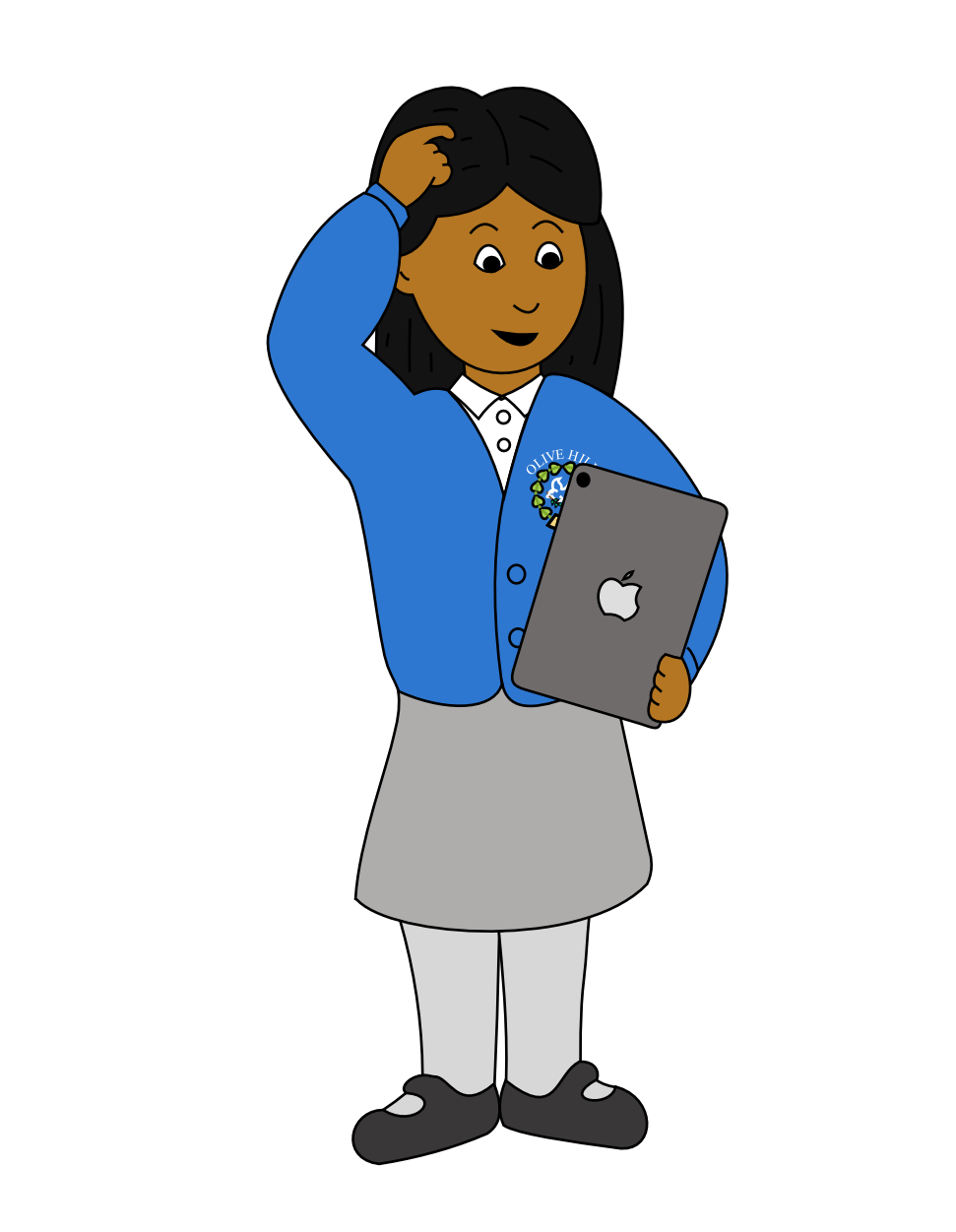Computing
Our Visions and Aims for Computing
At Olive Hill, we have a clear and simple vision: the children should be online-safe, online-inspired and online-confident.
Computing is an integral part of our everyday life and will play an immeasurable part in our children’s futures. At Olive Hill, we will provide all of our children with the skills, creativity and enthusiasm to live and thrive in a world increasingly dependent on computing. As computing technology underpins today’s modern lifestyle it is essential that all pupils gain the confidence and ability that they need in this subject, to prepare them for the challenge of a rapidly developing and changing technological world.
At Olive Hill, we want children to:
Enjoy using information technology and tackle all applications with confidence and a sense of achievement and purpose;
Develop practical skills in the use of information technology and the ability to apply these skills to the solving of relevant and worthwhile problems;
Understand the capabilities and limitations of information technology and the implications and consequences of its use;
Be open minded in their approach to information technology so that they will be able to adapt easily to the information technology systems and approaches they will encounter in their future lives;
Understand and apply the fundamental principles and concepts of computer science, including abstraction, logic, algorithms and data representation;
Analyse problems in computational terms, and have repeated practical experience of writing computer programs in order to solve such problems;
Use information technology as a tool appropriately across the curriculum to support and enrich their learning.
Computing has deep links with mathematics, science and design and technology, and provides insights into both natural and artificial systems. The core of computing is computer science, in which pupils are taught the principles of information and computation, how digital systems work and how to put this knowledge to use through programming. Building on this knowledge and understanding, pupils are equipped to use information technology to create programs, systems and a range of content. Computing also ensures that pupils become digitally literate – able to use, express themselves and develop their ideas through information technology. By teaching children all of these skills, we are preparing them to enter the everyday world ready to tackle a range of careers including software developers, game designers, providing cyber security and even jobs that are yet to be imagined.


